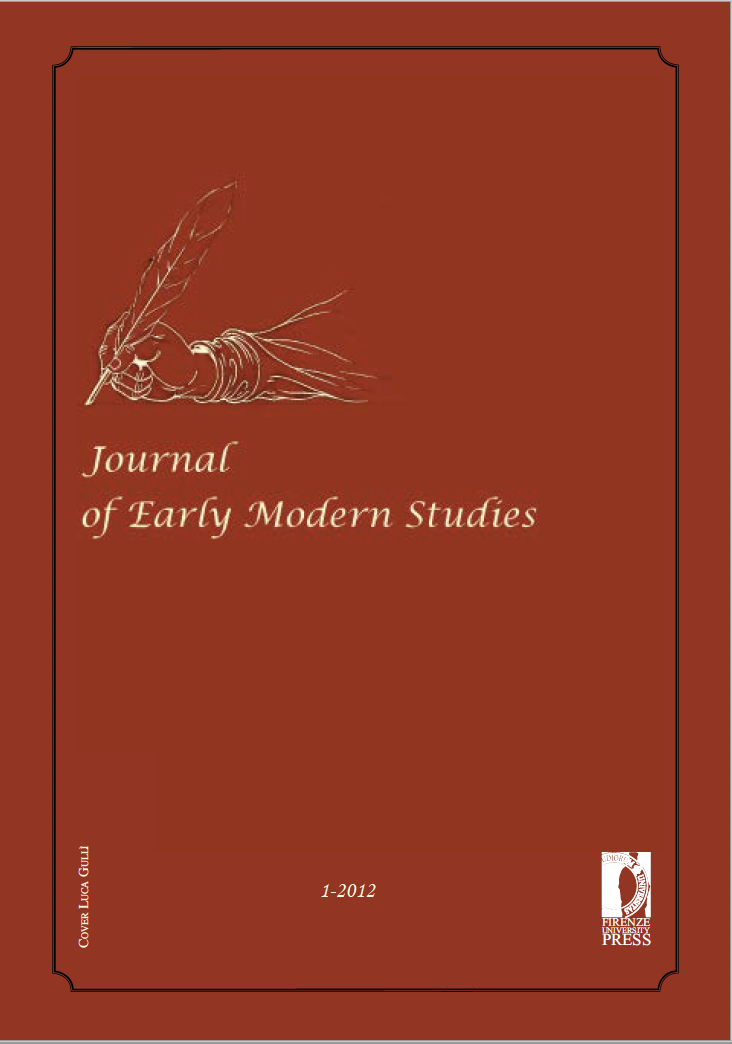Abstract
Despite the fact that the main topic of William Flete’s Remedies against Temptations was a pivotal concern of late medieval spiritual literature and the treatise in letter form was widely circulated in both Latin and English, it has remained rather marginal to critical discourse. Neither epistolary space as the site of interaction author/audience nor the role of spiritual authorities in establishing themselves as real authors of religious texts as distinguished from compilers and scribes have been specifically investigated. The paper focuses on the dialogic construction of the authorial voice in William Flete’s Remedies against Temptations through the analysis of the linguistic and discursive strategies used in the vernacular version of this work of spiritual advice. The most relevant strategy is the choice of the letter format to address a female audience as it allows to transfer authoritative religious discourse into English and to assert the writer’s status of author of a text addressed to both religious women and the lay public. In addition, the paper aims at highlighting the relevance of stylistic analysis to delineate the construction of the textual vernacular author in the context of audience recognition. In addressing a non-academic public, the author of one of the English versions of Remedies against Temptations engages with Latin learning and asserts himself as the author of a vernacular theology text.


